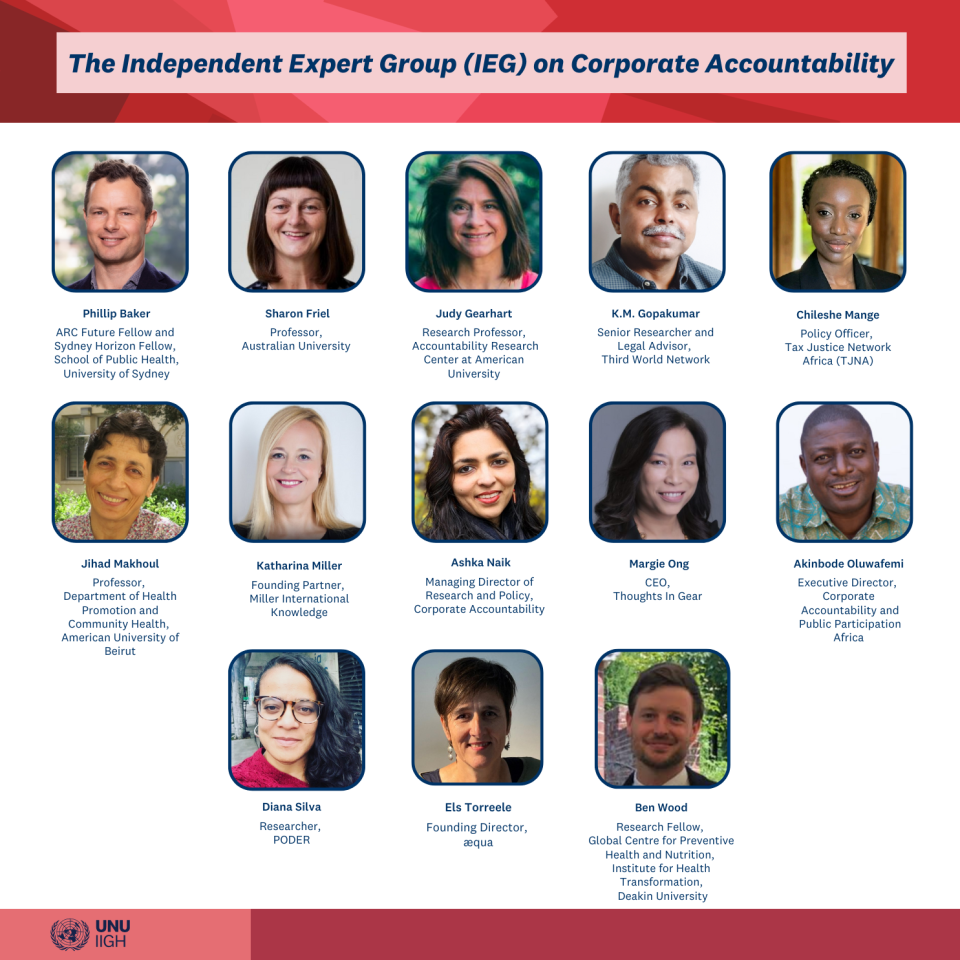Transnational corporations (TNCs) are amongst the most powerful entities in the world, with profound social, economic, environmental and health impacts. In the field of global health, they are heavily implicated in a growing burden of disease and illness including through their environmentally damaging manufacturing, marketing and supplying of unhealthy products, as well as through their abuse of oligopolistic power to gouge excessive profits while engaging in various forms of tax abuse. It has also become increasingly evident, across multiple sectors and markets, that the rise in power of TNCs poses a challenge to effective, equitable, and democratic governance.
To help address this challenge, several initiatives have recently been developed to assess, measure, and rank the conduct and behaviour of TNCs in order to hold them more accountable and to incentivise them and their investors to be more socially and environmentally responsible. Two prominent examples are the Access to Medicines Index (AtMI) and the Global Access to Nutrition Index (GAtNI) which assess and measure the contribution of pharmaceutical and food corporations towards improving access to medicines and healthy foods, respectively.
In recent work, UNU-IIGH has conducted detailed analyses of these two indexes, including how they are governed and managed. While noting that these indexes provide some useful monitoring of corporate policies and behaviour and have some positive influence on corporate policies and behaviour, these analyses find that they are also characterised by significant weaknesses and limitations including having gaps in what they monitor and measure (e.g. both indexes avoid assessing and measuring corporate financial conduct, including tax abuse).
Our analyses of AtMI and GAtNI (soon to be published) also question whether these indexes have had any real impact on improving access to medicines and healthy food, and suggest that they may paradoxically reinforce the power and profitability of the biggest TNCs in the pharmaceutical and food sectors while weakening efforts to ensure more effective regulation of corporate conduct and behaviour.
We are therefore pleased to announce that we have convened an Independent Expert Group (IEG) on Corporate Accountability to critically evaluate the use of indexes such as AtMI and GAtNI, and to consider alternative approaches, models, and mechanisms for holding powerful pharmaceutical and food companies accountable.

The results of the IEG’s deliberations will be shared in April 2025.
Our analysis of the AtMI will be published on October 17th. Register here for the launch webinar: https://go.unu.edu/yz2oI
We welcome brief comments and suggestions from relevant stakeholders on this topic. Please direct them to accountabilityingh@unu.edu



